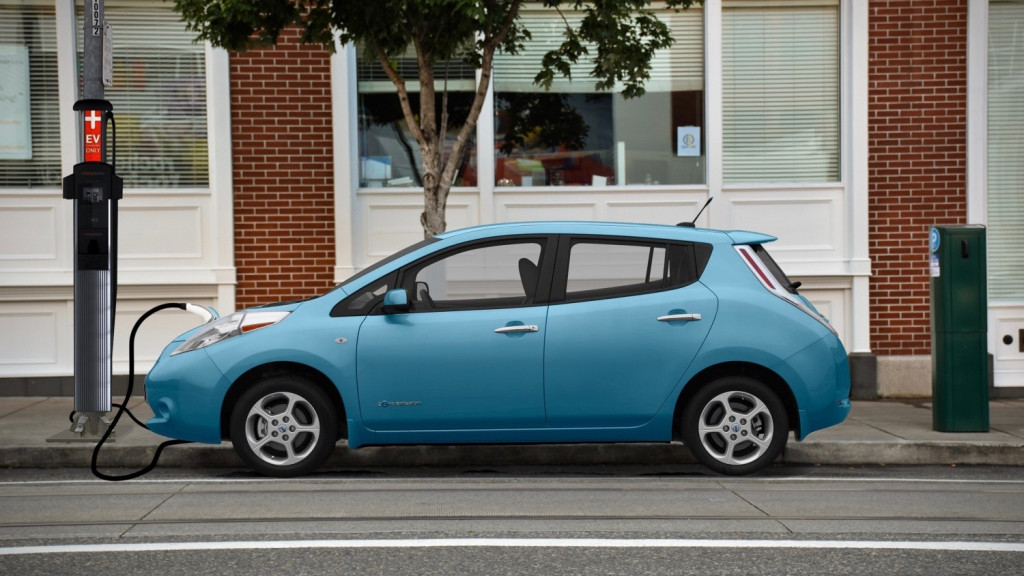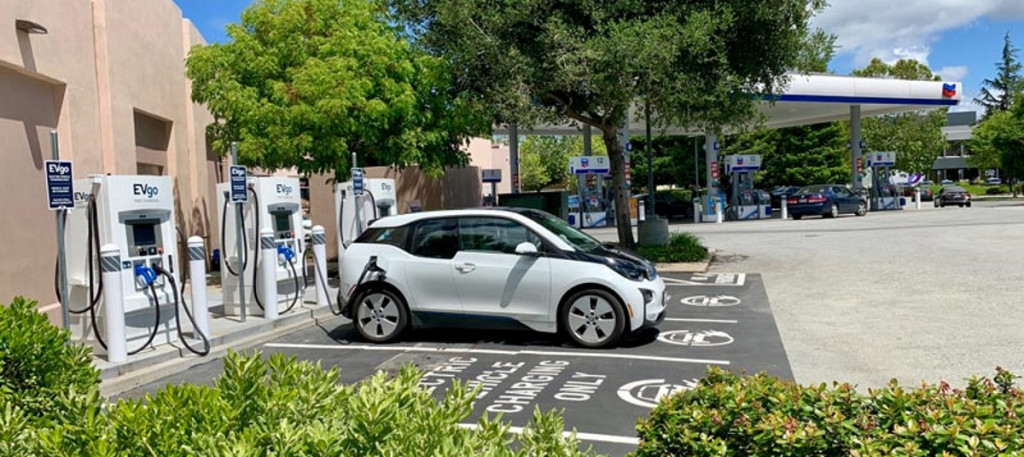As EV charging infrastructure expands, lawmakers in the Kentucky legislature have introduced a bill to "protect" gas stations, local television station WKYT reports.
House Bill 581 seeks to prevent zoning authorities from treating EV charging differently from gasoline dispensing. That means any location considered suitable for EV charging would also have to host gas stations.
"For an ordinance to say that you can build an electric charging station, but you can't build a gas station or a retail gas station, we feel like that is discriminatory," Republican state representative Ken Upchurch said in an interview with WKYT.
But with gas stations still vastly outnumbering EV charging stations, it's unclear what form that discrimination is taking. According to U.S. Census data there are more than 110,000 gas stations nationally, whereas according to the Department of Energy there are 61,700 publicly accessible charging stations.
Fast-chargers capable of anything close to gas-station fueling speeds are few and far between. Nearly 54,000 of those public charging stations are just Level 2, good for all-day or overnight EV charging, many of which might be seen as 240-volt appliances and extensions of the existing residential or commercial power grid, with no additional buildout required.

Proposed streetlight charging station for Kansas City (via Kansas City MEC)
"While Representative Upchurch said the bill is an important step at preventing electric vehicles from being favored over gas ones, proponents of electric vehicles said they are confused about the intent of the bill," WKYT noted.
Provided the legislators are referring to fast-charging stations, the thing that makes EV charging different is that there's no huge underground tank of flammable liquid to accommodate—just, in some cases, a boost battery where the grid isn't up to the task.
Restrictions on the storage and dispensing of flammable liquids aren't an issue for EV chargers, and it doesn't take regular tanker-truck visits to keep them primed. Yet the lawmakers appear to be arguing that if an EV charging station is allowed in a residential neighborhood, a gas station should also be allowed.
It's unclear from the bill where the line might be drawn. For instance, if curbside EV chargers are installed in residential neighborhoods, as in Seattle, does that mean a city also has to say yes to tiny residential gas stations?

BMW i3 charging at EVgo fast chargers at Chevron station in Menlo Park, California
So far, though, the development of EV charging infrastructure seems to be heading in the other direction.
Most of the charging stations that are part of the Biden administration's National Electric Vehicle Infrastructure (NEVI) buildout actually do look more like gas stations than charging stations of the past—and many are actually at gas stations—with only a handful of exceptions so far. Another recent study suggested that the gas-station template really isn't far from the mark, and EV drivers want traditional gas-station perks.












